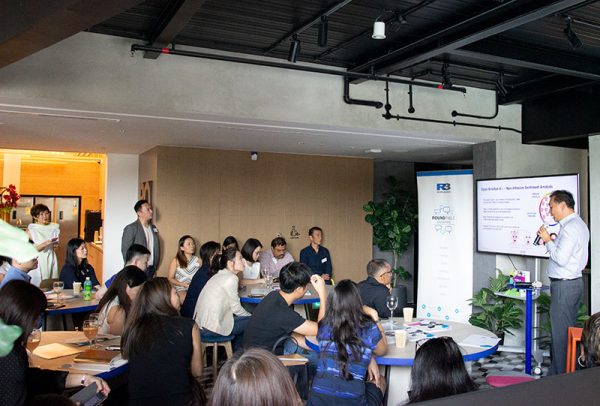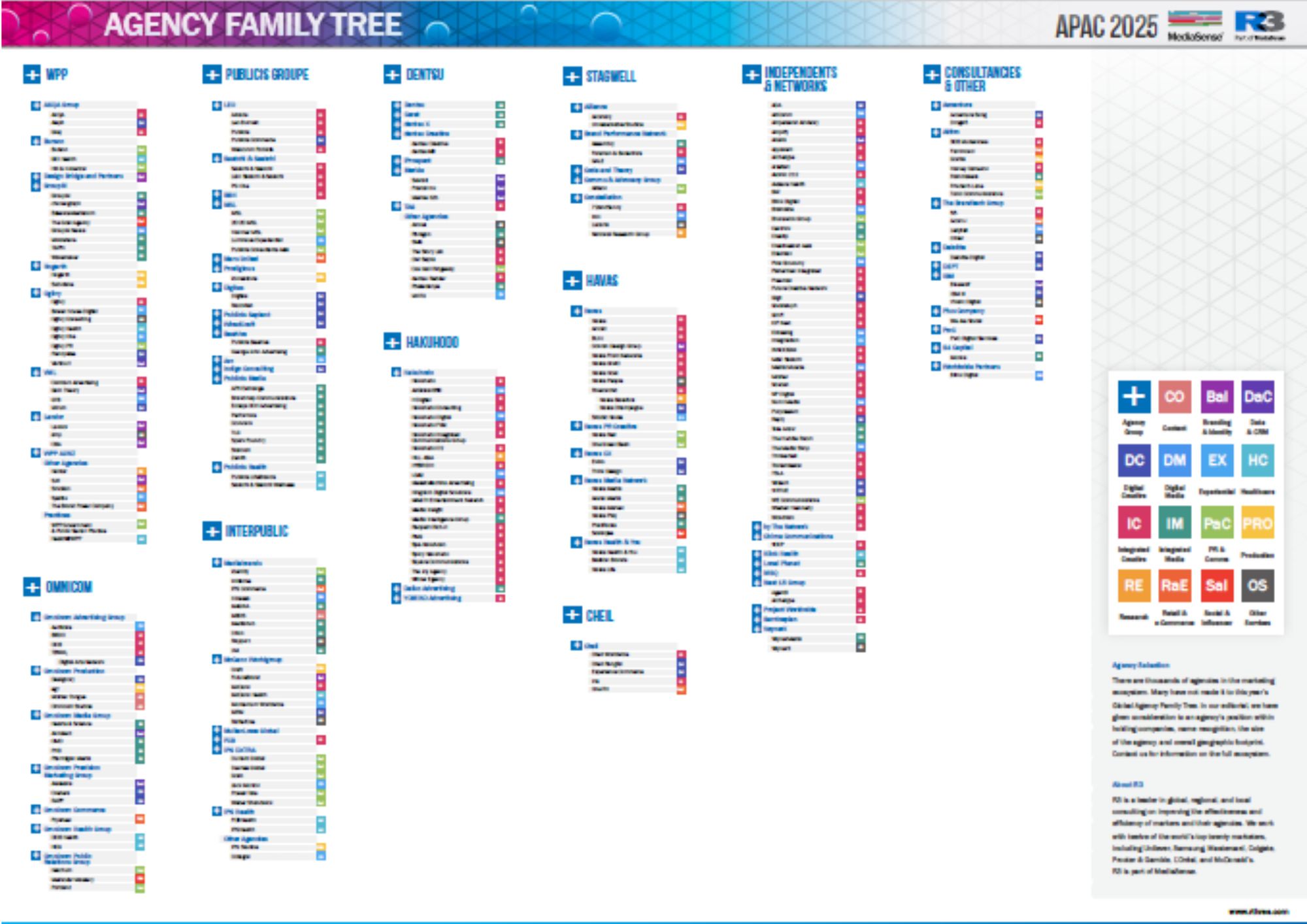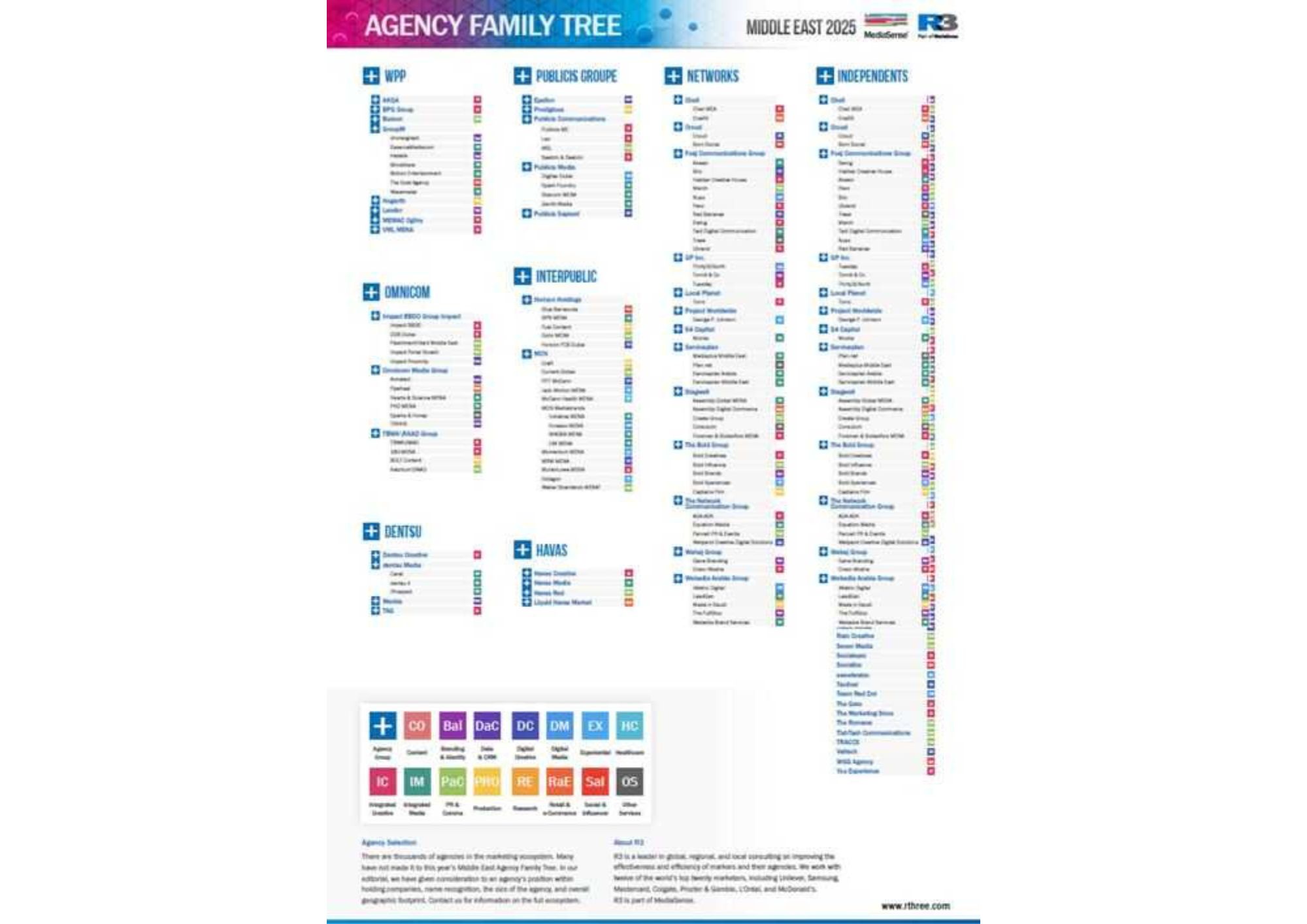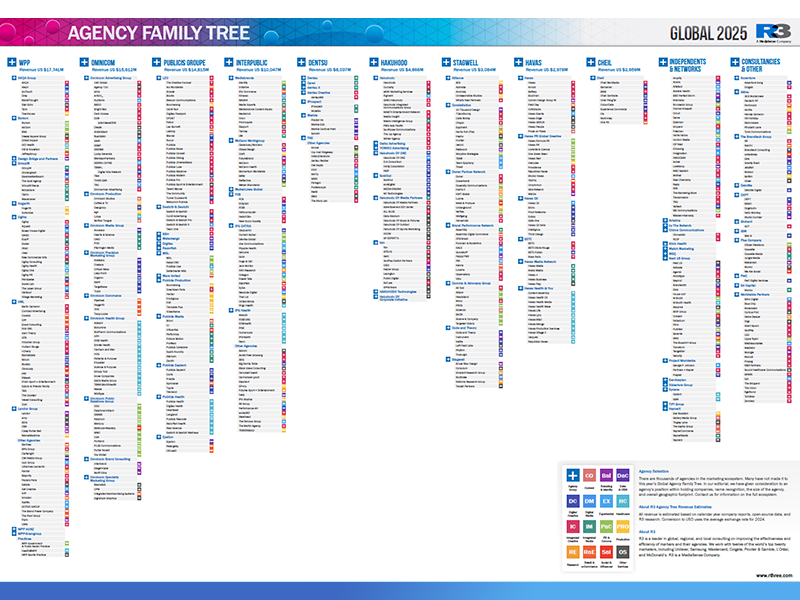
Emerging marketing technology is an area of great interest and development for marketers in Asia Pacific. As the understanding of what technology can do has been widely accepted and acknowledged, the conversation in our industry has evolved beyond the “what” to focus very much on the “how.”
This is because though marketers understand the imperative of technology, they still find themselves challenged with application and integration. Consider that 69% of senior marketers across the region emphasize the conversion of data into strategies as a key focus in the next 12 months, and 50% of marketers are planning to review martech vendors.

These topics were the focus of discussion at Future40, a forum R3 hosted recently for marketers from 22 companies across industries as varied as FMCG, finance and travel. We gathered as a forward-thinking community in Singapore to learn about resources and investment support, how technology can deliver on performance, the continued importance of storytelling, and ultimately, how we can step in the future with increasing agility.
Here are three views from the perspective of strategy, partnerships and creativity.
1. Marketing technology is a strategic business decision
To succeed in any marketing innovation endeavor, companies need talent, process and infrastructure. These are not easily acquired but are essential for long-term sustainability and return on investment.
Where a company decides to look for innovation partners, particularly in Asia Pacific, will determine how easy it is to deliver in an industry that is becoming more complex and regulated. Celia Sia, Director of Hub Services at the Economic Development Board of Singapore, shared the findings from a study that highlighted three areas that determine if a location is ideal as a digital marketing hub:
- Supply Indicators: Talent mix & capabilities; Marketing ecosystem; Technology readiness of marketing functions
- Demand Indicators: Brand owner presence; Structure and process of marketing organisations; Bolstering market innovation; Companies’ collaboration with partners
- Process Indicators: Infrastructure readiness assessment; Macroeconomic assessment; Geocultural factors; Base of successful startups
2. Look at how the entire customer ecosystem can benefit from technology
When looking to apply a specific technology, it helps for marketers to look at the whole customer experience. Approaching technology with narrow vision can result in the duplication of other existing martech functions in a company, missing out on integrating first-party data and losing valuable customer insight.
Hearing from Joseph Ling and Andrew Ow, two founders of marketing technology companies Vouch and Opsis, it is clear that having a broad perspective on customer strategy and understanding the desired outcomes of the whole business helps vendors design and roll out programmes effectively with clear KPIs in mind.
Successful partnerships are marked by:
- Clear purpose: The right people using the right technology can solve problems. The clearer the brief, the better the solution.
- Broad perspectives: The outcome is often the beginning. Decide how you are going to use the data and insights generated from technology to better other aspects of your brand experience.
- Mutual trust: Much of the workings of emerging technology is a mystery to marketers. Selecting partners who you trust to educate, keep you informed, and respect your business data is essential.

3. Start with an idea, deliver with technology
The role of technology in marketing is very much as an enabler. Valerie Madon, previously Chief Creative Officer for South East Asia at Havas, used selection of award-winning campaigns from the Cannes Lions Festival of Creativity, to show how technology like geo-location and 3D-printing can be applied to big ideas to deliver impactful advertising.
When developing technology-enabled campaigns:
- Entertain and delight: There is a battle for our attention. Marketers need to leverage technology to be at the right place and time.
- Craft to perfection: Technology can help marketers elevate on execution and bring creative ideas to life.
- Be meaningful: Have a clear purpose. Use technology to make brand engagement less intrusive and more useful in people’s lives.
Embrace this Brave New World
Though marketing technology is evolving at incredible speed, marketers should not be intimated by what the future might hold. Rather, they should be even more obsessive about the customer experience. Remember that it’s not about using technology, but how technology can transform how people engage with your brand. Keeping this as your North Star, while practicing due diligence and trusting your gut is the ultimate compass when it comes decision-making in this area.
By Shufen Goh, Co-founder & Principal, R3




